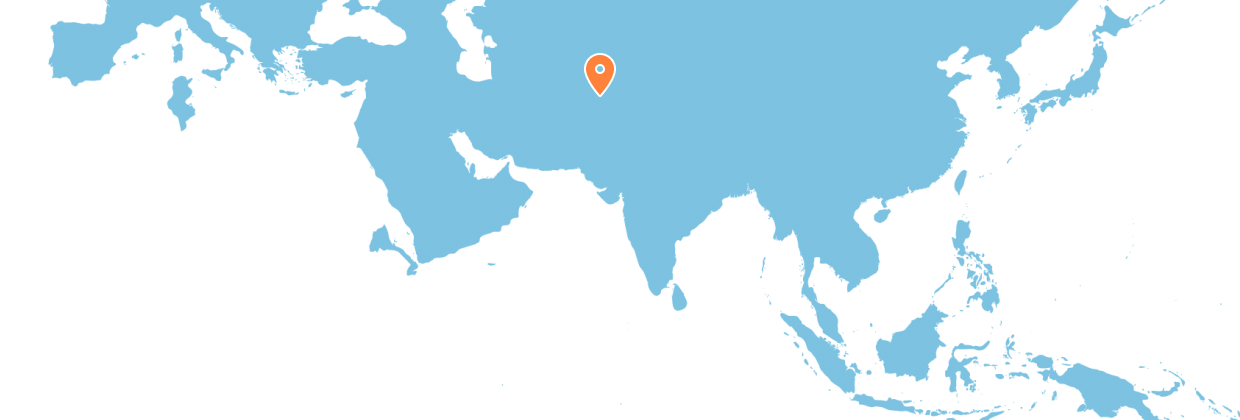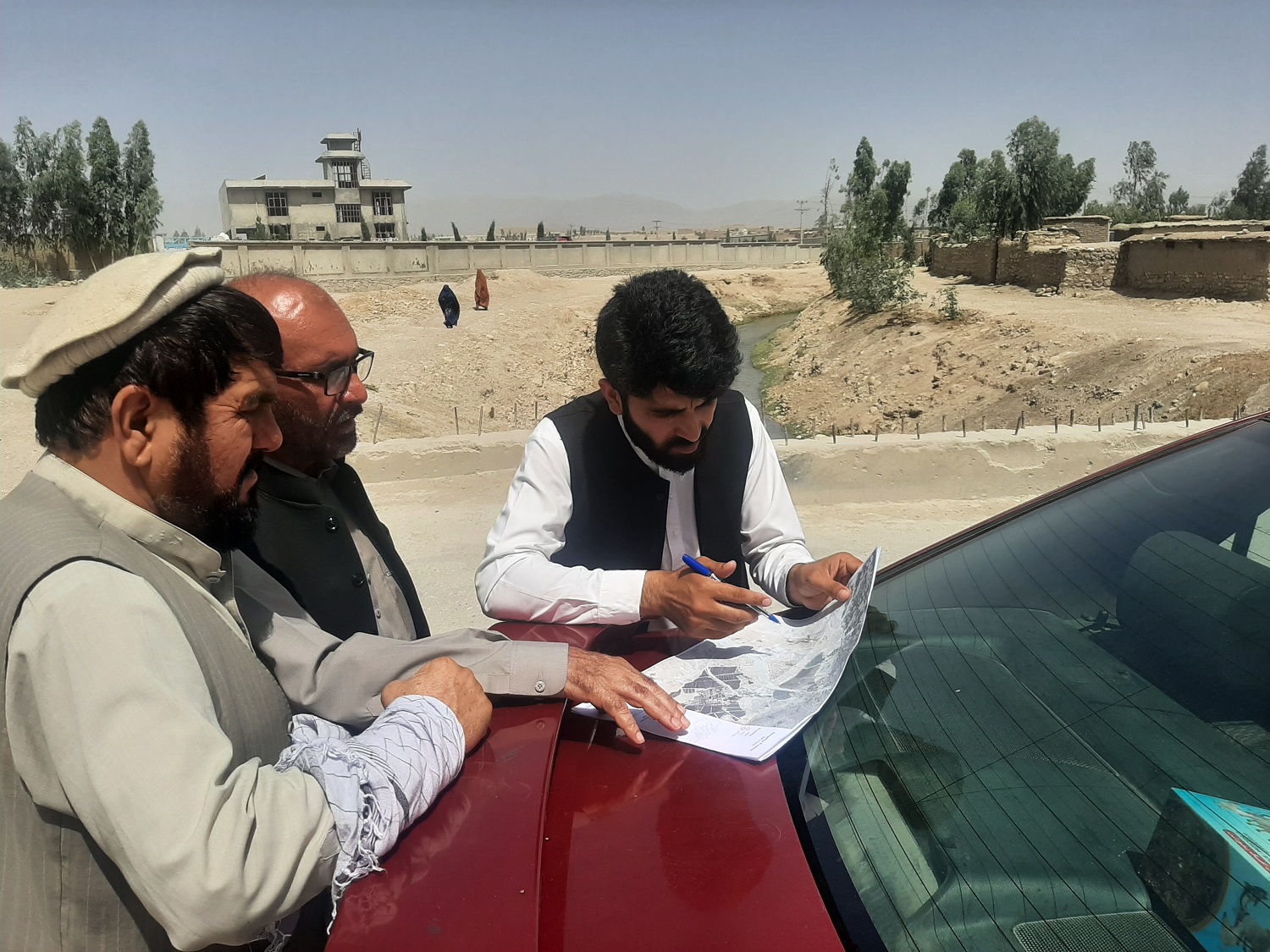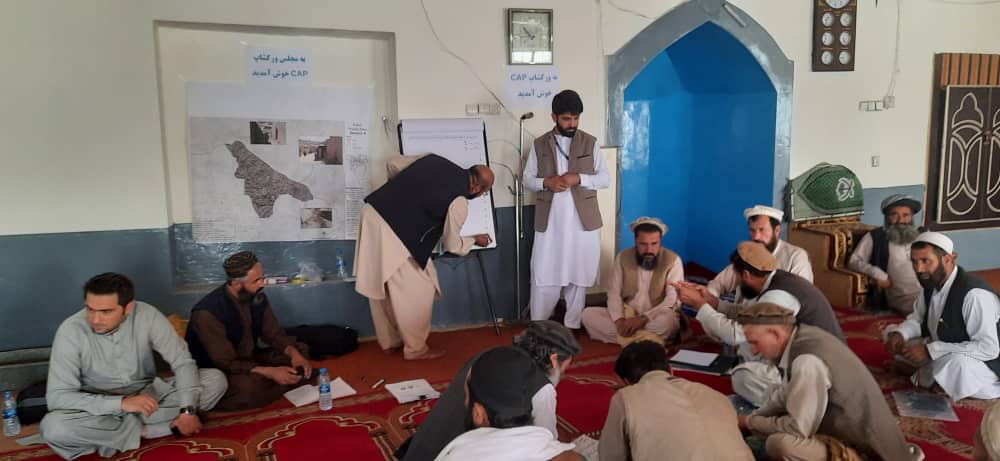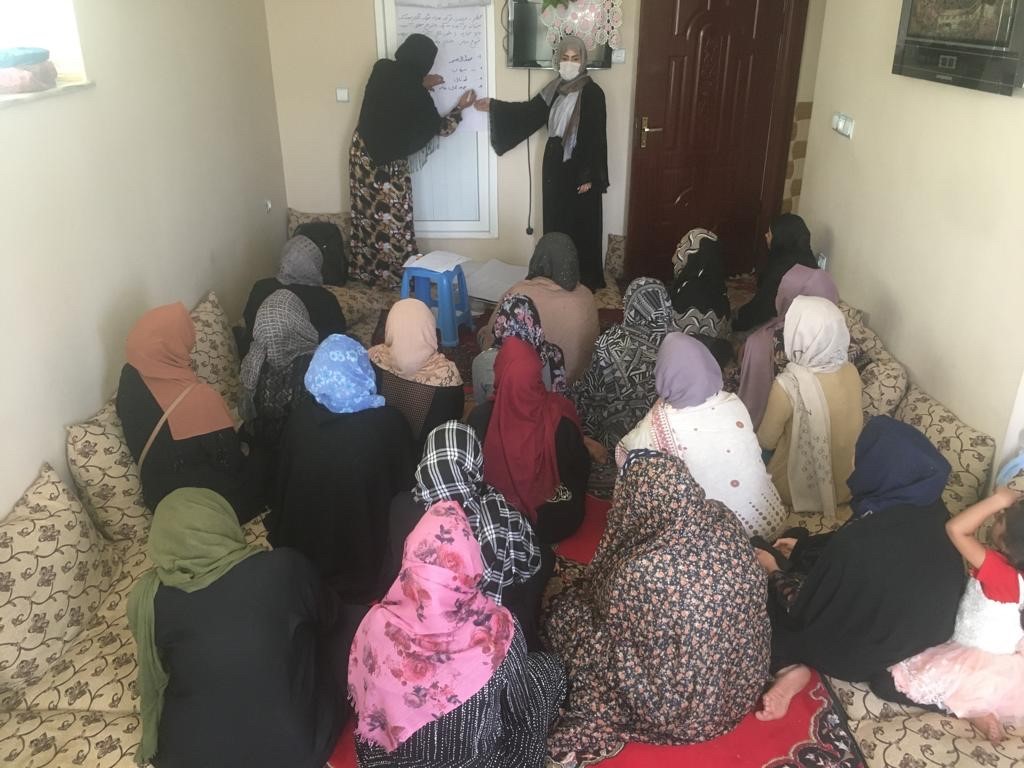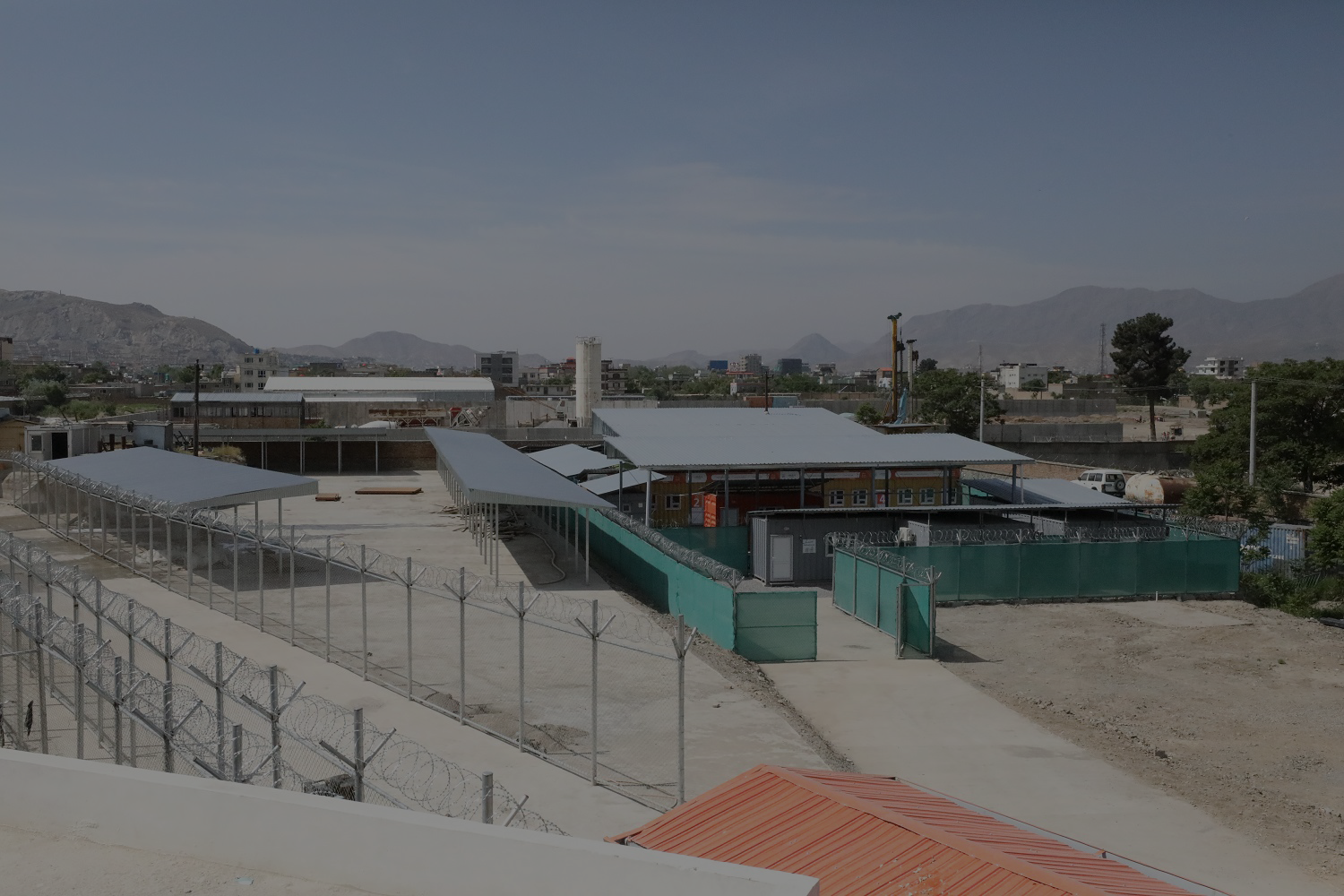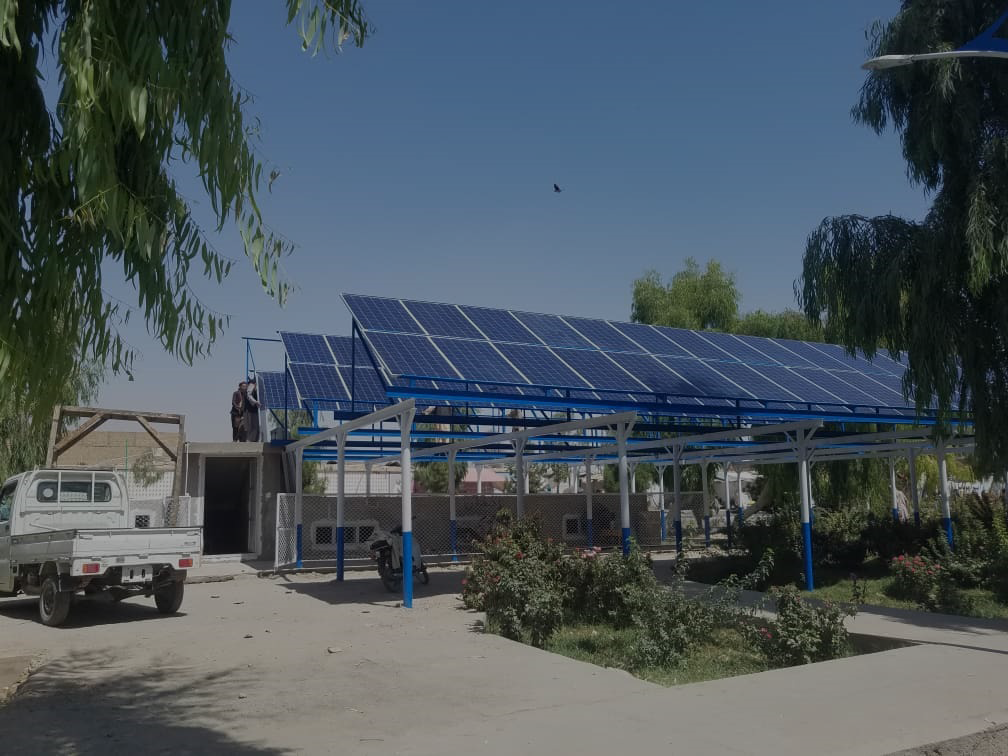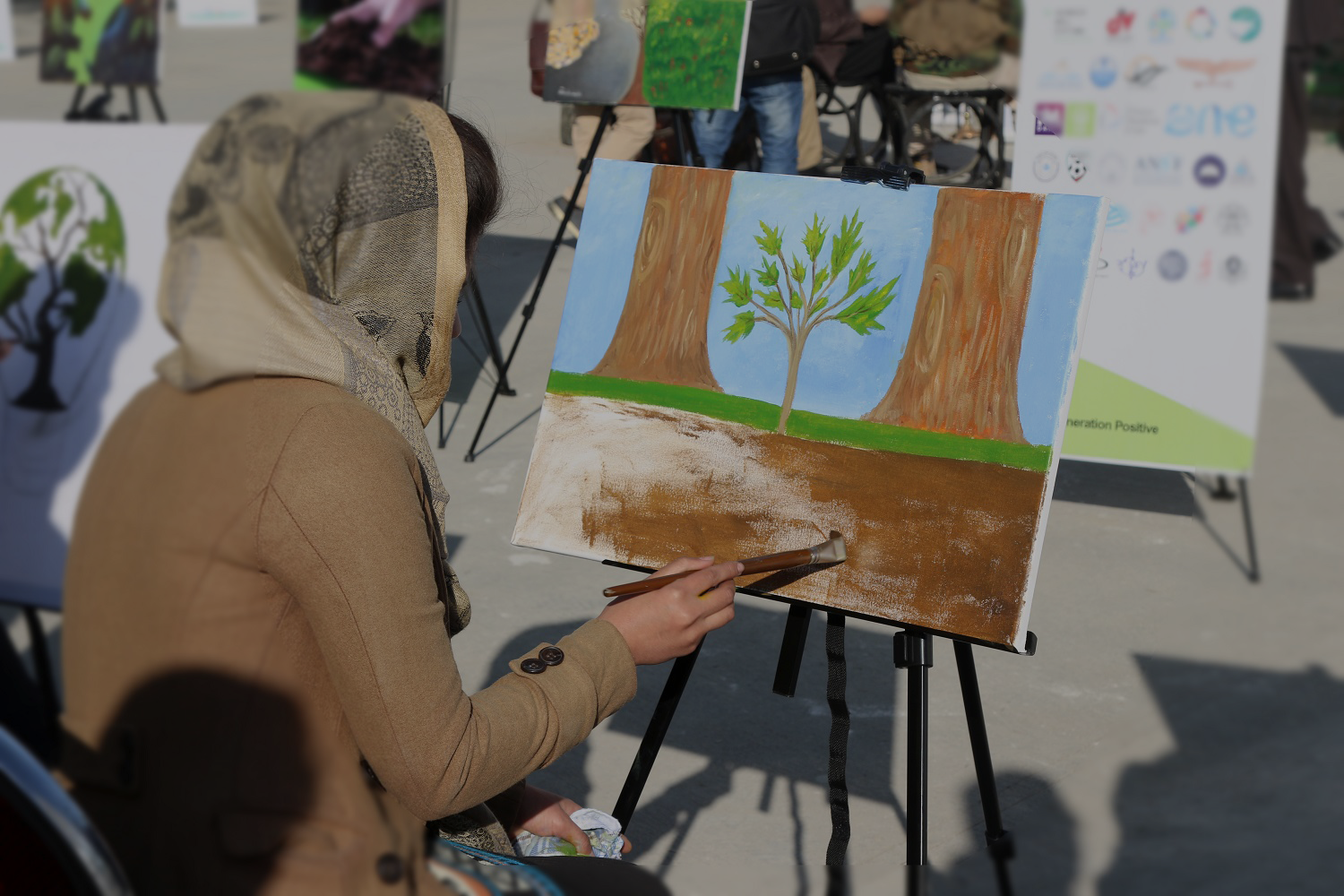The Challenges
Informality is not the exception but the rule. 80% of urban Afghans live in informal areas. The vast majority of the population live in under-serviced, informal housing with little tenure security and very poor access to basic services such as water and sanitation.
The longstanding conflict contributed to weak governance and considerable urban challenges including poverty, inequality, social exclusion, youth unemployment, and gender inequality. Lack of urban planning coupled with rapid Afghanistan’s urbanization process steered by rural-urban migration plus massive flux of returning Afghan refugees from neighboring countries and internally displaced by the conflict and the drought, make Afghan cities underserviced.
However, Afghanistan’s future is urban. The population of Afghan cities is expected to double within the next 15 years and be 50% urban by 2060 and urbanization is a powerful driver for development.
